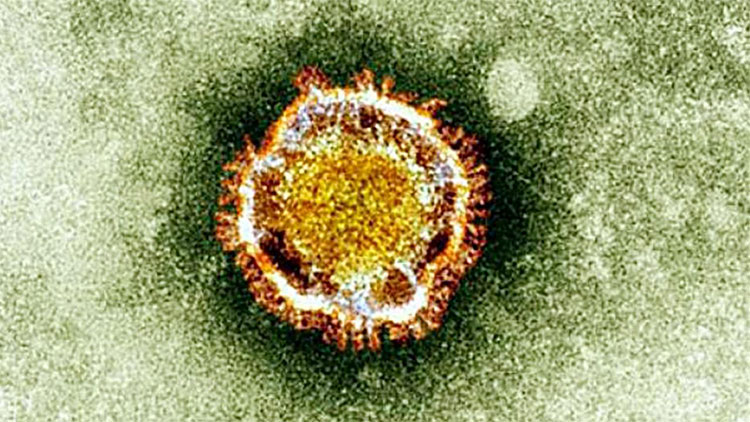South Korea discovered new cases of MERS infection
The 61-year-old man was diagnosed with Middle Eastern respiratory tract respiratory syndrome (MERS), currently treated and isolated in Seoul.

MERS virus under a microscope.(Photo: AFP).
The patient returned to Korea from his mission to Kuwait on August 16 - September 6, Reuters leading a speech from the Korean Centers for Disease Control and Prevention (KCDC). This is the first time that Korea has recorded new MERS cases after the July 2015 outbreak caused 38 deaths.
According to KCDC director, Jeong Eun-kyeong, a 61-year-old patient with diarrhea, went straight from the airport to Samsung Medical Center. He is currently treated and quarantined at Seoul National University Hospital. In addition, 20 people including flight attendants and medical staff exposed patients who were isolated at home.
KCDC announced that it would strengthen checking all flights originating from the Middle East."We and the local government will do everything possible to prevent MERS infection," Jeong said.
Middle East respiratory syndrome (MERS) is a group A infectious disease caused by a new strain of coronavirus (MERS-CoV). It is similar to the SARS virus (severe acute respiratory syndrome) or the common cold.
MERS cases have been reported to date who have lived in or traveled to the Middle East, or had close contact with patients. MERS-infected people exhibit mild symptoms such as fever, worsening cough such as dyspnea, pneumonia, acute respiratory failure requiring mechanical ventilation. Sometimes, the disease is accompanied by gastrointestinal symptoms such as diarrhea and organ failure, especially kidney failure, a high risk of death.
Some people infected with the virus may have no symptoms or very mild clinical manifestations, making it difficult to detect. Up to now, the disease has not yet had a specific treatment drug and no vaccine has been available.
- Korea: Mers-CoV outbreaks have spread in families
- Vietnam: Three people with fever suspected of MERS
- Vietnam isolated nearly 100 suspected MERS cases
- South Korea turned against MERS
- South Korea uses smartphones in the fight against MERS
- 16 people died, 150 were sick with MERS flu in Korea
- Every day 2-3 cases suspected MERS to visit the Tropical Hospital
- South Korea has more cases of bird flu in dogs
- Researchers demonstrate that MERS has a strong ability to spread
- Lebanon found the first case of MERS virus infection
- Why is the MERS epidemic spreading rapidly in Korea?
- Isolation of two Russian tourists suspected of MERS infection in Da Lat
 Green tea cleans teeth better than mouthwash?
Green tea cleans teeth better than mouthwash? Death kiss: This is why you should not let anyone kiss your baby's lips
Death kiss: This is why you should not let anyone kiss your baby's lips What is salmonellosis?
What is salmonellosis? Caution should be exercised when using aloe vera through eating and drinking
Caution should be exercised when using aloe vera through eating and drinking